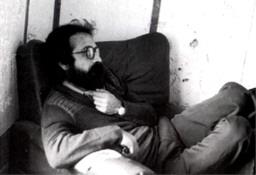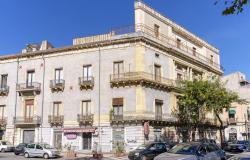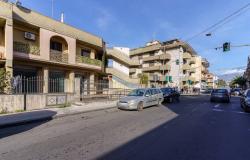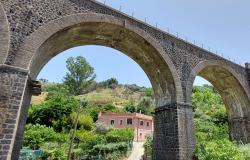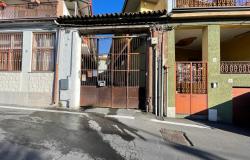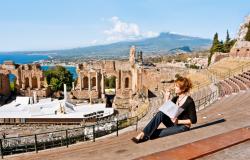A Palermo villa that once belonged to Italy's bloodiest Mafia boss is to be re-assigned to a group carrying on the fight of an anti-Mafia hero.
The villa in downtown Palermo, believed to be Toto' 'the Beast' Riina's last hide-out, will be turned over to the Peppino Impastato Association, named after a young DJ and anti-Mob campaigner murdered in 1978.
The property is among 150 properties seized from the Mob that are set to be handed over to associations, police and other state bodies.
Since the start of 2008, more than 1,000 pieces of former Mafia real estate in Palermo have been put to civic use.
Italian authorities have for years been re-allocating property once owned by Riina, who was arrested in 1993 and convicted of the 1992 murders of anti-Mafia judges Giovanni Falcone and Paolo Borsellino.
They have also started re-assigning property confiscated from Riina's co-boss and successor Bernardo Provenzano, arrested in 2006 after 43 years on the run.
Youth cooperatives have moved into the rural crime triangle between the fiefs of Corleone, Monreale and San Giuseppe Jato and have started making pasta, olive oil, wine, honey and other produce on the ex-Mafia lands.
Thanks to an agreement with the Coop supermarket chain, the products are now sold all over Italy.
Many of the products are made by the cooperative Placido Rizzotto - Libera Terra, named after the first land reform campaigner murdered by the Mafia, in 1948.
Last year one of Riina's old country villas reopened as an agriturismo near Corleone.
Corleone, a big-screen byword for the Mafia, was Riina's power base in the hills near Palermo where he bred a fierce new breed of Mafioso in the '70s and '80s.
Italian authorities have made a point of putting confiscated Mafia property to good use, preferably something involving public institutions, so as to symbolise the return of the State's control.
A set of luxury apartments in Corleone belonging to Riina, for example, has been turned into the local headquarters of the tax police.
Another town near Palermo, Cinisi, was the home of Impastato, a left-wing activist and radio DJ murdered on May 9, 1978 - the same day that the Red Brigades assassinated Christian Democrat leader Aldo Moro in Rome.
Impastato had spent years campaigning against the Mafia and lampooning local boss Tano Badalamenti.
Impastato's story was told in the critically acclaimed 2000 film I Cento Passi (The Hundred Steps) by Italian director Marco Tullio Giordana.
The movie's title referred to the distance between Impastato's house and that of Badalamenti.
